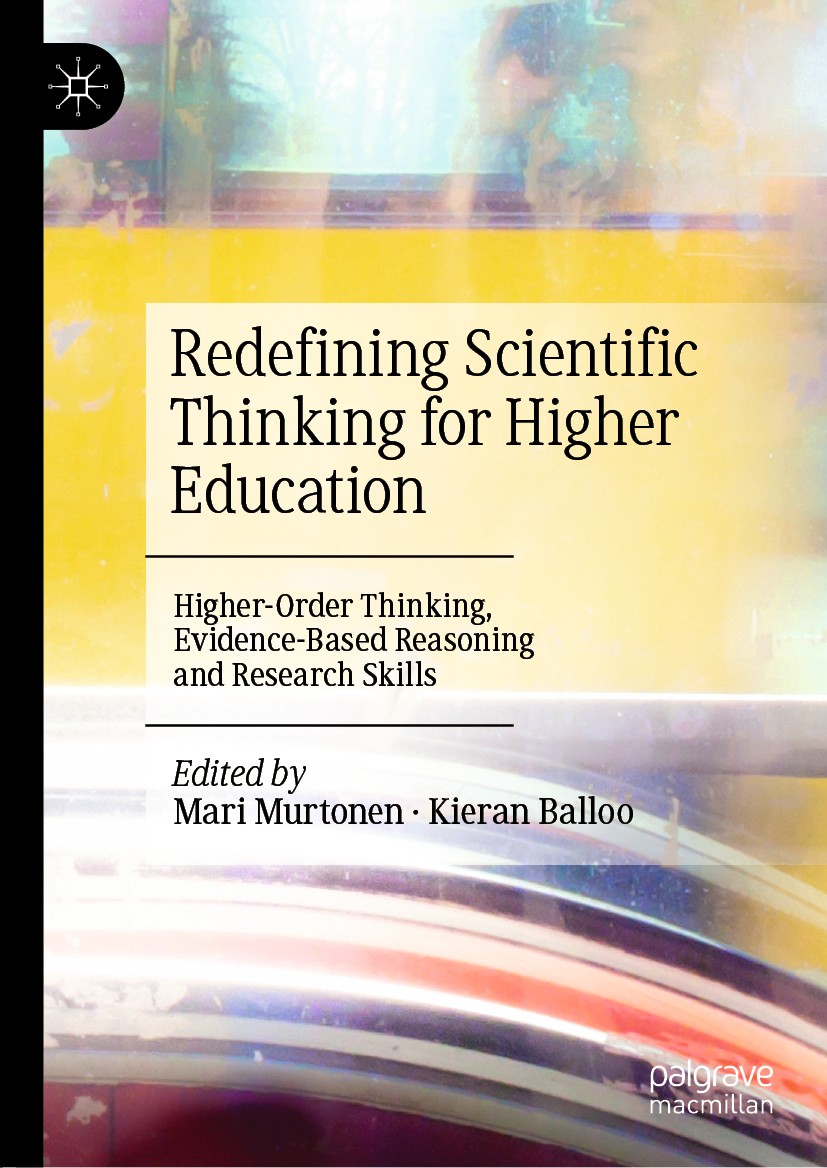| 书目名称 | Redefining Scientific Thinking for Higher Education |
| 副标题 | Higher-Order Thinkin |
| 编辑 | Mari Murtonen,Kieran Balloo |
| 视频video | http://file.papertrans.cn/825/824440/824440.mp4 |
| 概述 | Examines the learning and development process of students‘ scientific thinking skills.Introduces a new broad theory of scientific thinking for higher education.Redefines higher-order thinking abilitie |
| 图书封面 |  |
| 描述 | This book examines the learning and development process of students’ scientific thinking skills. Universities should prepare students to be able to make judgements in their working lives based on scientific evidence. However, an understanding of how these thinking skills can be developed is limited. This book introduces a new broad theory of scientific thinking for higher education; in doing so, redefining higher-order thinking abilities as scientific thinking skills. This includes critical thinking and understanding the basics of science, epistemic maturity, research and evidence-based reasoning skills and contextual understanding. The editors and contributors discuss how this concept can be redefined, as well as the challenges educators and students may face when attempting to teach and learn these skills. This edited collection will be of interest to students and scholars of student scientific skills and higher-order thinking abilities. . |
| 出版日期 | Book 2019 |
| 关键词 | Critical Thinking; Scientific Thinking; Research skills; Knowledge building; Research methods; learning a |
| 版次 | 1 |
| doi | https://doi.org/10.1007/978-3-030-24215-2 |
| isbn_softcover | 978-3-030-24217-6 |
| isbn_ebook | 978-3-030-24215-2 |
| copyright | The Editor(s) (if applicable) and The Author(s), under exclusive license to Springer Nature Switzerl |
 |Archiver|手机版|小黑屋|
派博传思国际
( 京公网安备110108008328)
GMT+8, 2026-2-7 12:47
|Archiver|手机版|小黑屋|
派博传思国际
( 京公网安备110108008328)
GMT+8, 2026-2-7 12:47


